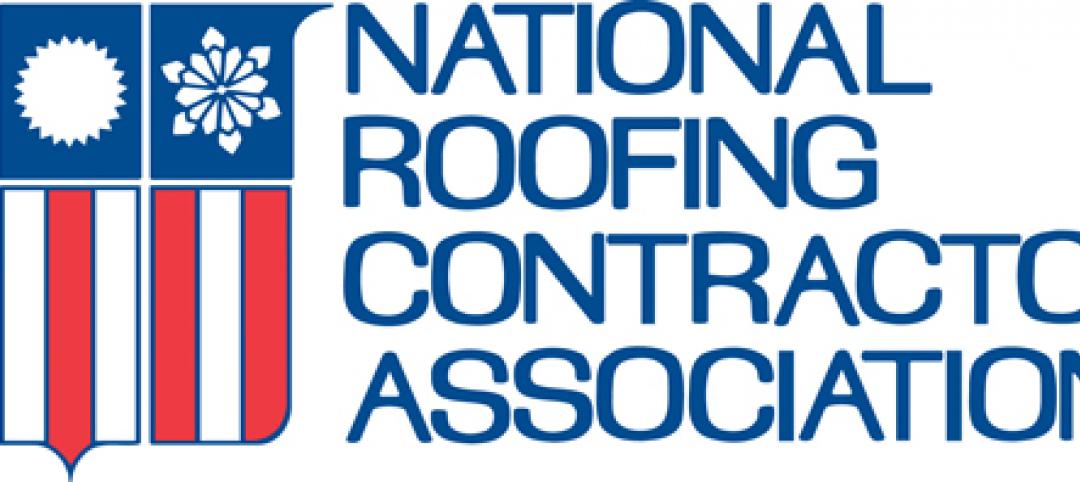The International Code Council (ICC) is revising its code development process to provide more in-depth scrutiny of code change proposals.
The changes will take effect in 2024-2026 for the development of the 2027 International Codes (I-Codes). They will move the development process to an integrated and continuous three-year cycle.
In the new timeline, the first year will include two Committee Action Hearings for Group A Codes; year two will include two Committee Action Hearings for Group B Codes; and year three will be the joint Public Comment Hearings and Online Governmental Consensus Vote for both Group A and B Codes.
“The addition of the second Committee Actions Hearings in year one and two will foster a more in-depth vetting of code change proposals, allowing an opportunity for the committee members to review and evaluate the original proposals and consider the submitted responses,” according to an ICC news release. “This also provides more opportunity for proponents to build consensus for their code change proposal and ensure the best version of their intended improvement to the existing codes.”
With combined Public Comment Hearings in the third year, voting members will be able to vote on all suggested changes to the next edition of the I-Codes at one time, the release says. The updated process also provides more opportunity for proposed new referenced standards to be developed and finalized on a consistent timeline regardless of the group (Group A or B) with which they are associated.
Related Stories
| Jul 19, 2012
NRCA: Roofing insulation performance, local climate keys to computing R-value
To minimize the loss of thermal resistance in design, the R-value of roof insulation should be computed based on the actual performance of the insulation material and the local climate, says the National Roofing Contractors Association.
| Jul 16, 2012
Business school goes for maximum vision, transparency, and safety with fire rated glass
Architects were able to create a 2-hour exit enclosure/stairwell that provided vision and maximum fire safety using fire rated glazing that seamlessly matched the look of other non-rated glazing systems.
| Jul 12, 2012
Federal budget chief to explain impact of pending defense cuts before Congress
Office of Management and Budget Director Jeffrey Zients is scheduled to testify before the House Armed Services Committee Aug. 1 to explain the possible effects of $500 billion in defense cuts on U.S. companies, including those in the design and construction industry.
| Jul 12, 2012
Pennsylvania legislature moves to prevent undocumented workers on public construction projects
Legislation to prevent undocumented workers from being hired by construction companies working on state-funded projects passed the Pennsylvania Legislature.
| Jul 12, 2012
New York’s One Bryant Park Bank of America tower is first new high-rise to achieve LEED Platinum
The new One Bryant Park Bank of America tower in midtown Manhattan is the first new commercial high-rise to achieve LEED Platinum certification.
| Jul 12, 2012
OSHA launches campaign to prevent heat illness
The Occupational Safety and Health Administration has launched its 2012 Heat Illness Prevention Campaign to educate employees and their employers about the hazards of working outdoors in heat, and how to prevent heat-related illnesses.
| Jul 12, 2012
Contractors have increasing concerns over new federal hiring quotas
A proposed rule by the U.S. Department of Labor's Office of Federal Contract Compliance Programs to increase disabled- and veteran-worker hiring quotas for federal contractors continues to raise deep concerns among contractors.
| Jul 5, 2012
Veterans Administration threatens to pull contract on new Orlando medical center
The Veterans Administration asked contractor Brasfield & Gorrie to get more workers on the job and figure out a way to get the job done faster, or the VA would pull the contract on the much-delayed Orlando VA Medical Center.
| Jul 5, 2012
Cost to contractors for new federal hiring quotas much higher than estimated, AGC says
Administration officials significantly underestimated the cost to construction employers of proposed new hiring quotas for federal contractors, according to analysis by the Associated General Contractors of America.
















